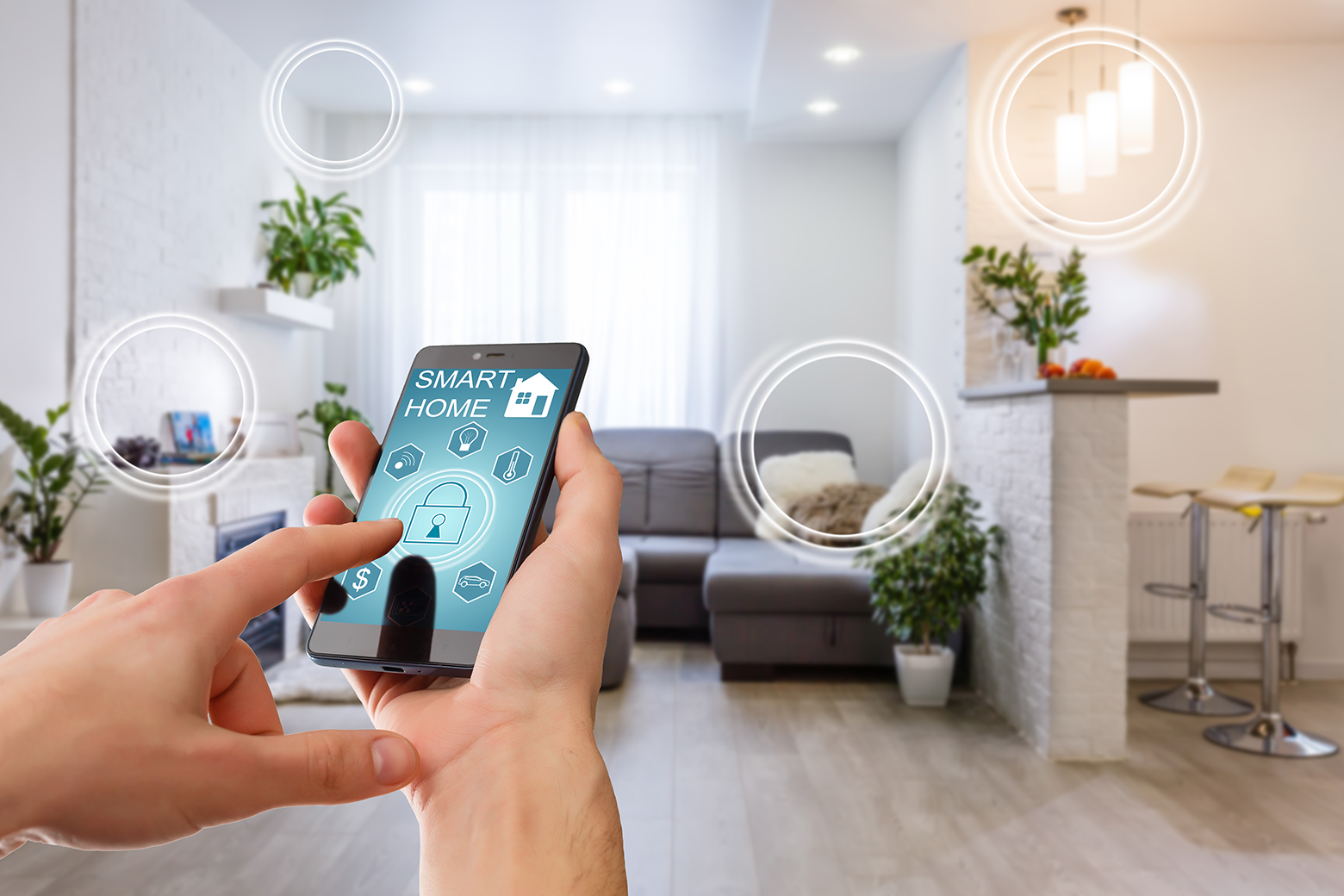In today's rapidly evolving world, the concept of a 'smart home' is no longer just a futuristic dream. Homeowners and businesses are increasingly gravitating towards incorporating smart technologies into their living spaces. As a result, smart home real estate trends are shaping the future of the housing market. This trend is not just about convenience; its about creating efficient, sustainable, and comfortable living environments that cater to the modern lifestyle.

The Rise of Smart Homes
The integration of smart technology in real estate is transforming the way we live. According to recent studies, more than 30% of homes in the United States are equipped with some form of smart technology. This figure is expected to grow as more people recognize the benefits of smart living.
One of the key factors driving this trend is the increasing demand for energy-efficient homes. Smart thermostats, lighting systems, and appliances not only reduce energy consumption but also contribute to significant cost savings. For instance, smart thermostats can learn your schedule and adjust the temperature accordingly, ensuring optimal comfort while minimizing energy usage.
Impact on Real Estate Market
The influence of smart home technology on the real estate market is profound. Properties equipped with smart features tend to have a higher market value and attract tech-savvy buyers who are looking for convenience and sustainability. In fact, homes with integrated smart systems can sell for up to 5% more than comparable properties without such features.
This trend is particularly evident in urban areas where younger, tech-savvy buyers are more prevalent. These buyers are not just looking for a place to live; they want a home that supports their digital lifestyle. As a result, real estate developers are increasingly focusing on incorporating smart technologies into new constructions to meet this demand.
Key Smart Technologies in Real Estate
1. Smart Security Systems
Security is a top priority for homeowners, and smart security systems provide an added layer of protection. From smart locks and doorbell cameras to motion sensors and security cameras, these systems offer peace of mind by allowing homeowners to monitor their property remotely via smartphones or tablets.
2. Smart Lighting
Smart lighting systems allow homeowners to control the lighting in their homes remotely. These systems can be programmed to turn on or off at specific times, or even adjust based on the natural light in the room. This not only enhances convenience but also contributes to energy efficiency.
3. Smart Appliances
From refrigerators that can track your grocery inventory to ovens that can be preheated from your smartphone, smart appliances are revolutionizing the way we manage our homes. These appliances are designed to make everyday tasks more convenient and efficient.
Challenges and Considerations
While the benefits of smart homes are clear, there are also challenges to consider. Privacy and security of data are major concerns for homeowners. As smart devices collect and transmit data, ensuring that this information is secure is crucial.
Additionally, the initial cost of installing smart technologies can be high. However, many homeowners find that the long-term savings and increased property value often justify the investment.
For those interested in diving deeper into the world of smart homes, resources such as this smart home cleaning automation guide provide valuable insights into how automation can transform daily tasks.
Future of Smart Home Real Estate
The future of real estate is undeniably intertwined with smart technology. As innovations continue to emerge, we can expect to see even more advanced and integrated systems in homes. This evolution will not only enhance the living experience but also play a crucial role in sustainability efforts by reducing energy consumption and waste.
Moreover, the shift towards smart homes is likely to influence other sectors, such as insurance. Homeowners with smart security systems may benefit from reduced insurance premiums due to the decreased risk of theft and damage. For more information on how smart homes affect insurance rates, visit this insightful article.

FAQ
1. Are smart homes more expensive to maintain?
While the initial setup cost for smart home technology can be high, the long-term savings on energy bills and increased property value often make it a worthwhile investment.
2. What security measures are in place for smart homes?
Smart home systems come with various security features, including encryption and authentication protocols, to protect user data. Its important for homeowners to regularly update their systems to the latest security standards.
3. How do smart homes impact property value?
Homes with integrated smart systems typically have higher market values and are more attractive to buyers looking for modern, efficient living spaces.
For a comprehensive guide on setting up a smart home, consider checking out this smart home checklist.

